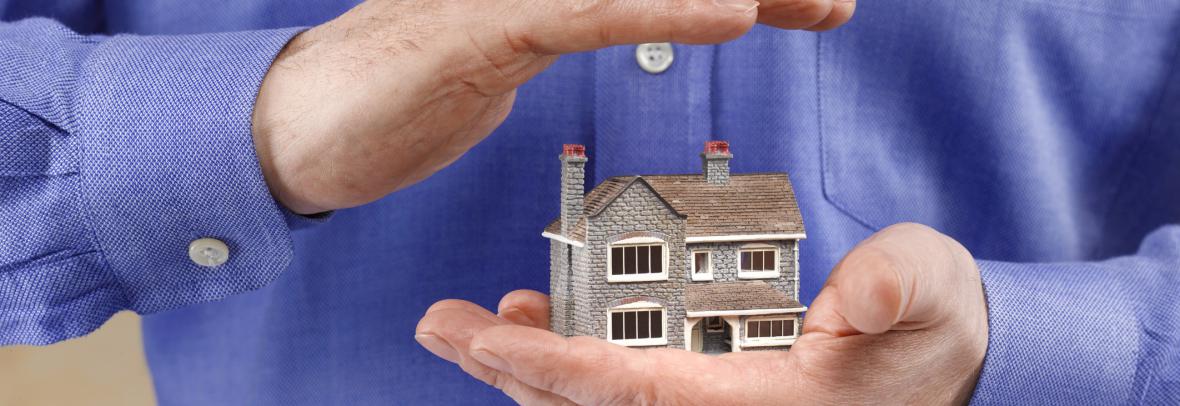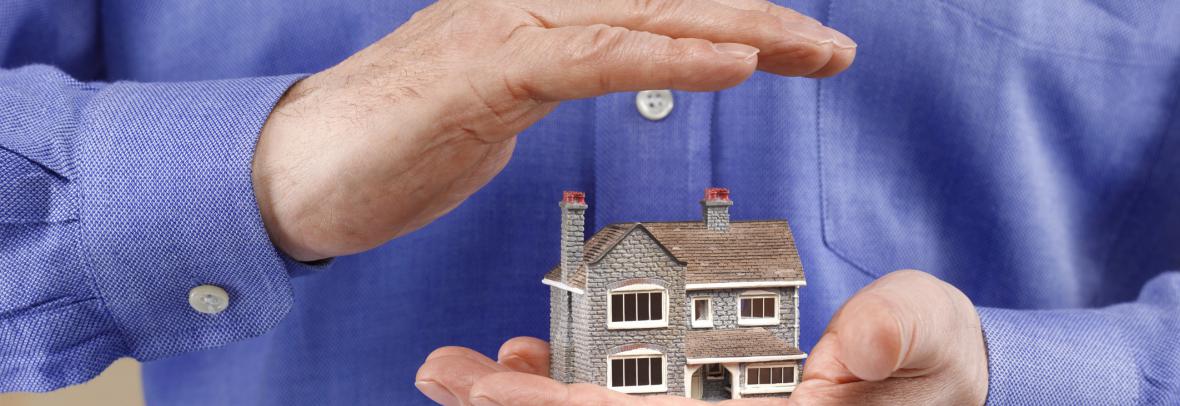
If a home floods, the owner needs flood insurance. But other post-disaster options can also provide help, via grants or low-cost loans earmarked for repairs.
EDENTON, N.C. – If a flood wrecks your house and belongings, and you don’t have flood insurance, you may feel as though you’ve lost everything. But once the floodwaters recede, help is available to get you back on your feet.
Your first step: Check your insurance. Although your homeowners policy likely won’t cover flood damage, your auto policy might. If a flood damages or destroys your vehicle, it’ll likely be covered – minus your deductible – as long as you have comprehensive coverage on your auto policy.
Some homeowners policies will cover expenses associated with mandatory evacuation orders, so if you had to pay for a hotel or meals while away from home, save your receipts and see if your insurer will reimburse you.
For assistance beyond what your insurer provides, turn to the following sources.
FEMA grants
You can apply for grants from the Federal Emergency Management Agency (FEMA) once the president declares your state a major disaster area and your county is named for individual assistance.
FEMA’s Individuals and Households Program provides up to $36,000 per household for temporary housing, repairs and construction, plus up to an additional $36,000 for other post-disaster needs. The money can’t duplicate what insurance provides, but it can supplement it, and you don’t need to pay it back.
You can apply for FEMA grants to:
- Rent a place to live if your home is uninhabitable. If no rental units are available, you can apply for temporary housing. The help is for up to three months initially, with a maximum of 18 months.
- Repair damage or replace belongings not covered by insurance. Help to pay other disaster-related expenses, such as funerals, medical and dental help, and childcare.
In rare cases, FEMA may pay to build permanent or semi-permanent housing in locations where other alternatives aren’t feasible.
Federal grants are available only for your primary home, not for second homes. At least one person in a household must be a U.S. citizen or meet certain requirements for non-citizens.
To check eligibility and apply for a grant, visit DisasterAssistance.gov.
SBA disaster loans
If you need more assistance than FEMA grants can provide, consider applying for a low-cost loan through the Small Business Administration. SBA loans are the most common form of federal disaster assistance. You don’t have to own a business to qualify.
The loans are only for uninsured damage to your primary residence. Terms are for up to 30 years, with a maximum interest rate of 4% if you can’t get credit from another lender, and 8% if you can. Here are the loans available, along with some of the restrictions:
- Up to $200,000 to repair or replace your primary home. You can’t use the loan to make upgrades or additions unless they’re required by building codes.
- Up to $200,000 to refinance a mortgage. This is available only if you can’t get credit elsewhere, suffered uncovered damage and plan to make repairs.
© Copyright 2021 The Chowan Herald, Cooke Communications North Carolina, LLC. All rights reserved.
Go to Source
Author: marlam



